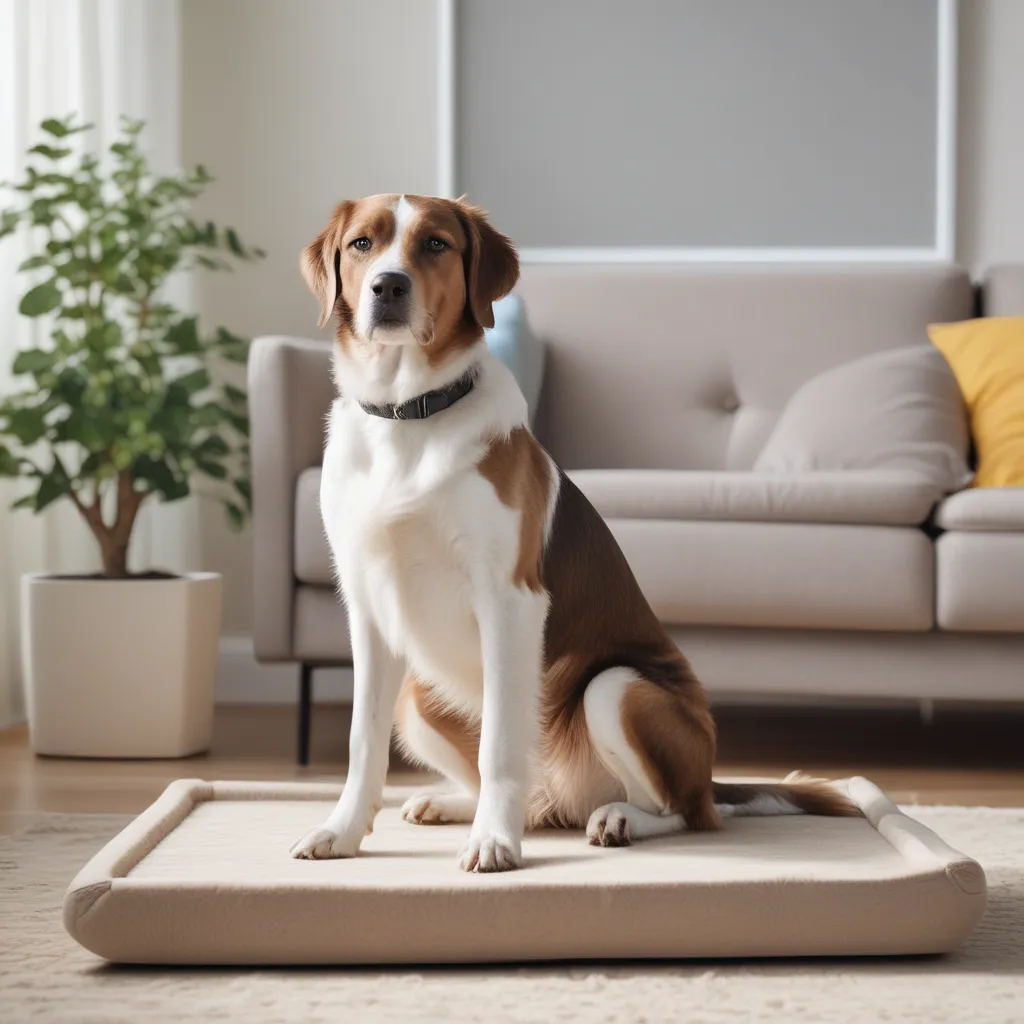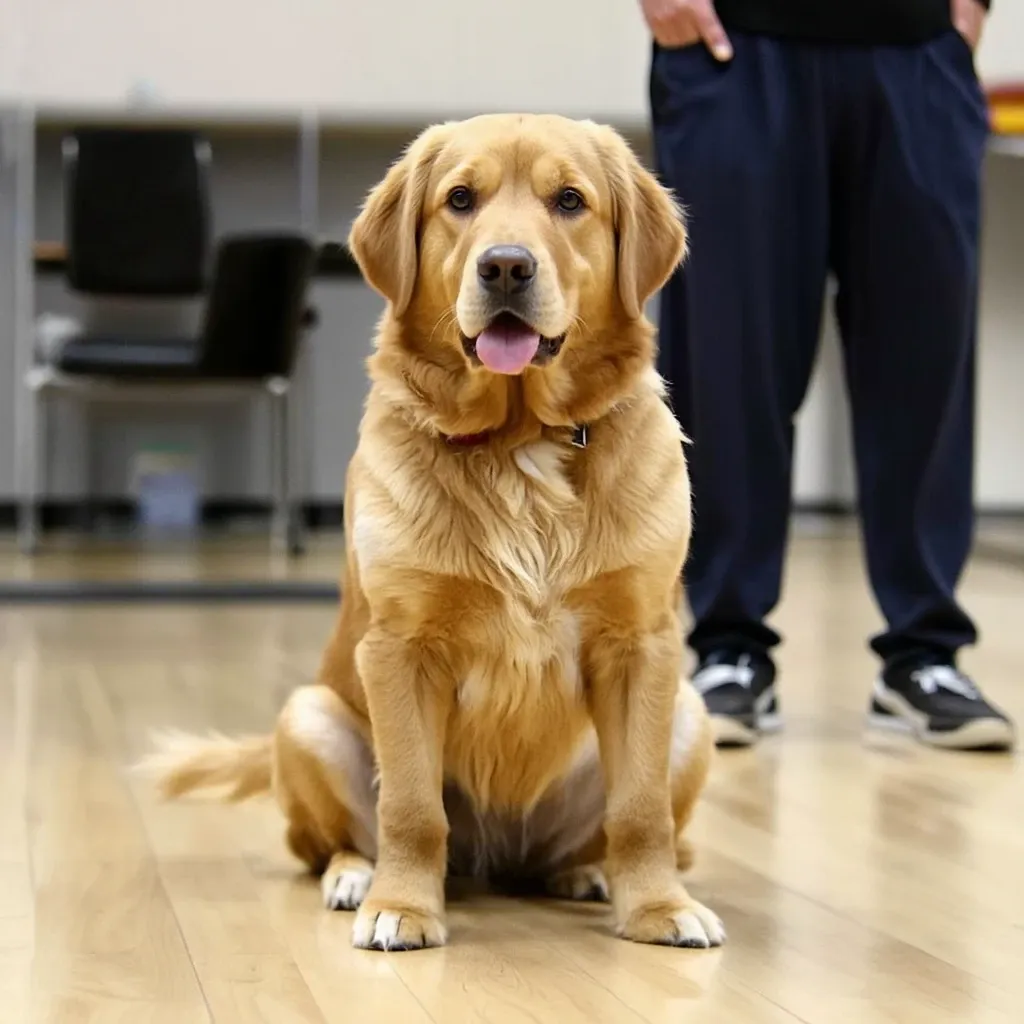Introduction
Welcoming a new furry friend into your family can be a thrilling experience, especially for first-time dog owners. As you prepare to embark on this exciting journey, you may wonder, “Which dog is best for me?” With so many breeds to choose from, it’s essential to find a companion that fits your lifestyle, living situation, and personal preferences.
In this article, we’ll explore the key factors to consider when selecting the perfect breed for first-time owners, highlighting the top breeds that are suitable for new dog parents, and providing valuable tips on how to choose the best dog breed for your lifestyle.
Whether you’re looking for a low-maintenance companion or an energetic exercise buddy, we’ve got you covered. By the end of this article, you’ll be well-equipped to find the perfect furry friend to join your family.
What Makes a Dog Breed Suitable for First-Time Owners?
When it comes to choosing a dog breed as a first-time owner, there are several factors to consider. The right breed can make all the difference in ensuring a happy and harmonious relationship between you and your new furry friend.
Temperament
A suitable dog breed for first-time owners should have a gentle and even temperament. Breeds like Labrador Retrievers, Cavalier King Charles Spaniels, and Bichon Frises are known for their friendly and affectionate nature, making them perfect for first-time owners.
Energy Level
It’s essential to choose a breed that matches your energy level. If you’re an active person who enjoys running or hiking, a high-energy breed like a Labrador Retriever or a Silken Windhound may be suitable. On the other hand, if you prefer a more relaxed lifestyle, a low-energy breed like a Bichon Frise or a Cavapoo may be a better fit.
Trainability
A breed that is easy to train is crucial for first-time owners. Breeds like Labrador Retrievers, Bichon Frises, and Cavapoos are highly trainable and respond well to positive reinforcement.
Size
The size of the breed is also an important consideration. Small breeds like Bichon Frises and Cavapoos are perfect for apartment living, while larger breeds like Labrador Retrievers and Silken Windhounds require more space to run around.
Grooming
Some breeds require a lot of grooming, which can be overwhelming for first-time owners. Breeds like Bichon Frises and Cavapoos have hypoallergenic coats that shed very little, making them a great choice for those who want to minimize grooming.
Health
It’s essential to research the health issues associated with a particular breed before making a decision. Some breeds are prone to certain health issues, and it’s crucial to be aware of these before bringing a new dog home.
By considering these factors, you can find a breed that is suitable for your lifestyle and experience level as a first-time owner.
Key Factors to Consider When Choosing a Dog Breed
When choosing a dog breed, there are several key factors to consider to ensure you find the perfect furry companion for your lifestyle. Here are some essential considerations to keep in mind:
Energy Level
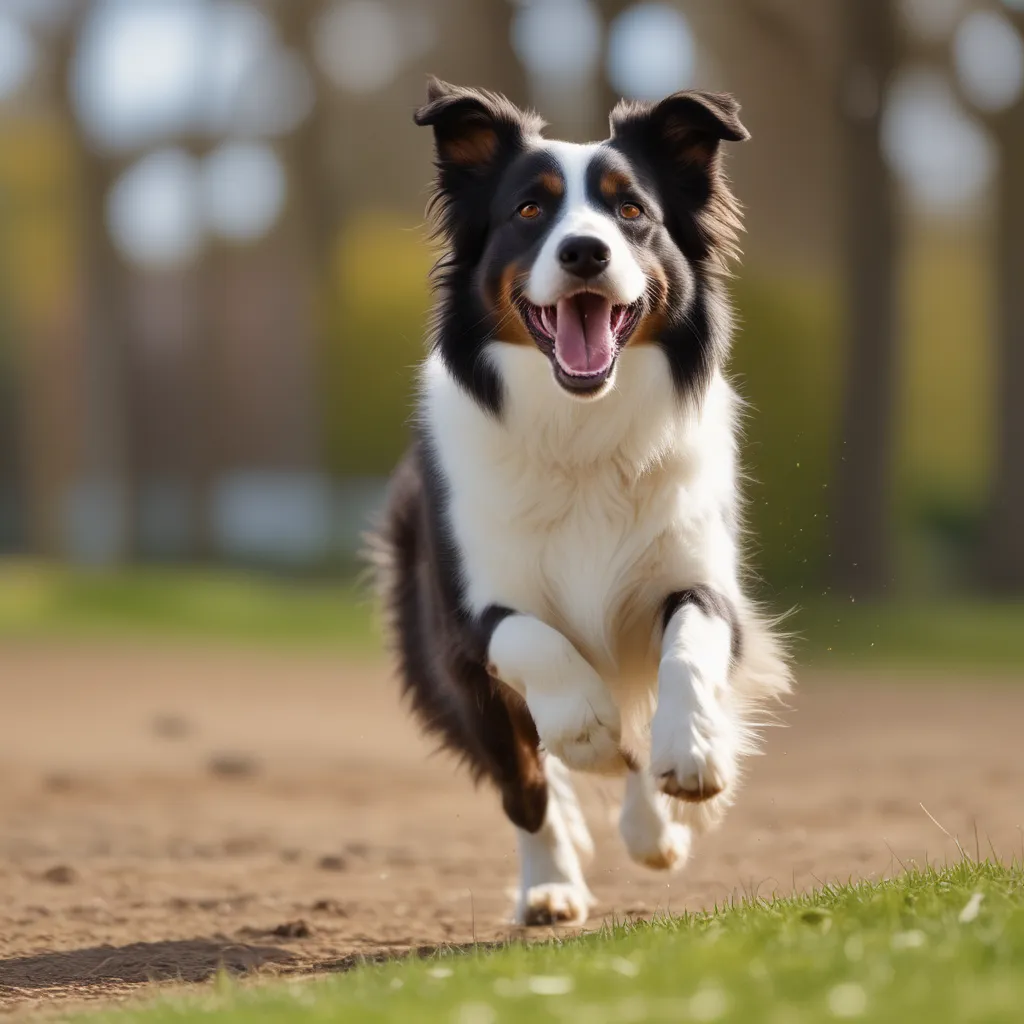
If you’re an active person who loves outdoor activities, a high-energy breed like an Australian Shepherd or a Border Collie might be an excellent choice. However, if you’re a couch potato, a low-maintenance breed like a Bulldog or a Pug might be more suitable.
Grooming Needs

Some breeds require regular grooming sessions, which can be time-consuming and expensive. Breeds like Afghan Hounds, Old English Sheepdogs, and Komondors need frequent brushing and grooming, while breeds like Boxers, Doberman Pinschers, and Beagles have shorter coats that require less maintenance.
Space and Living Situation
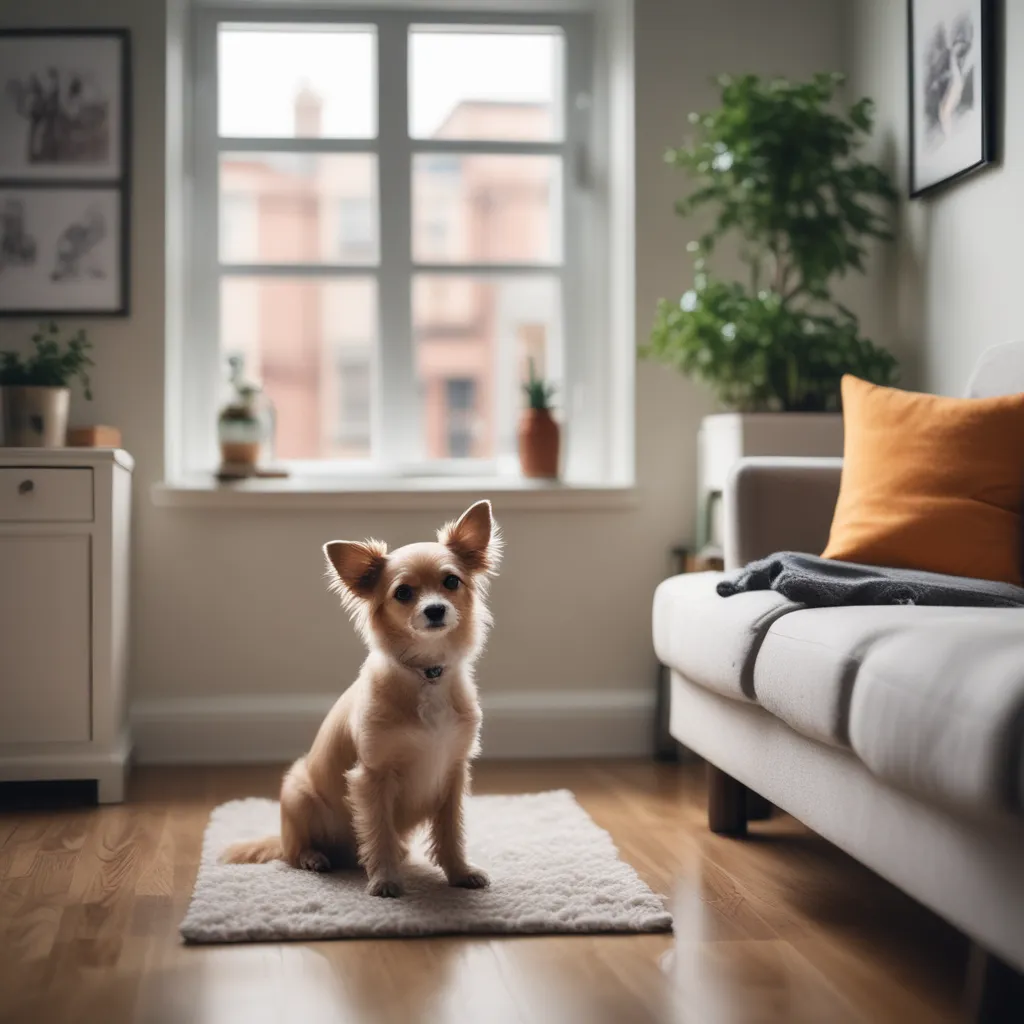
If you live in a small apartment or have limited space, a smaller breed like a Chihuahua, Poodle, or Bichon Frise might be a better fit. However, if you have a large backyard and plenty of space, a larger breed like a Golden Retriever, Labrador Retriever, or German Shepherd might thrive.
Family Dynamics
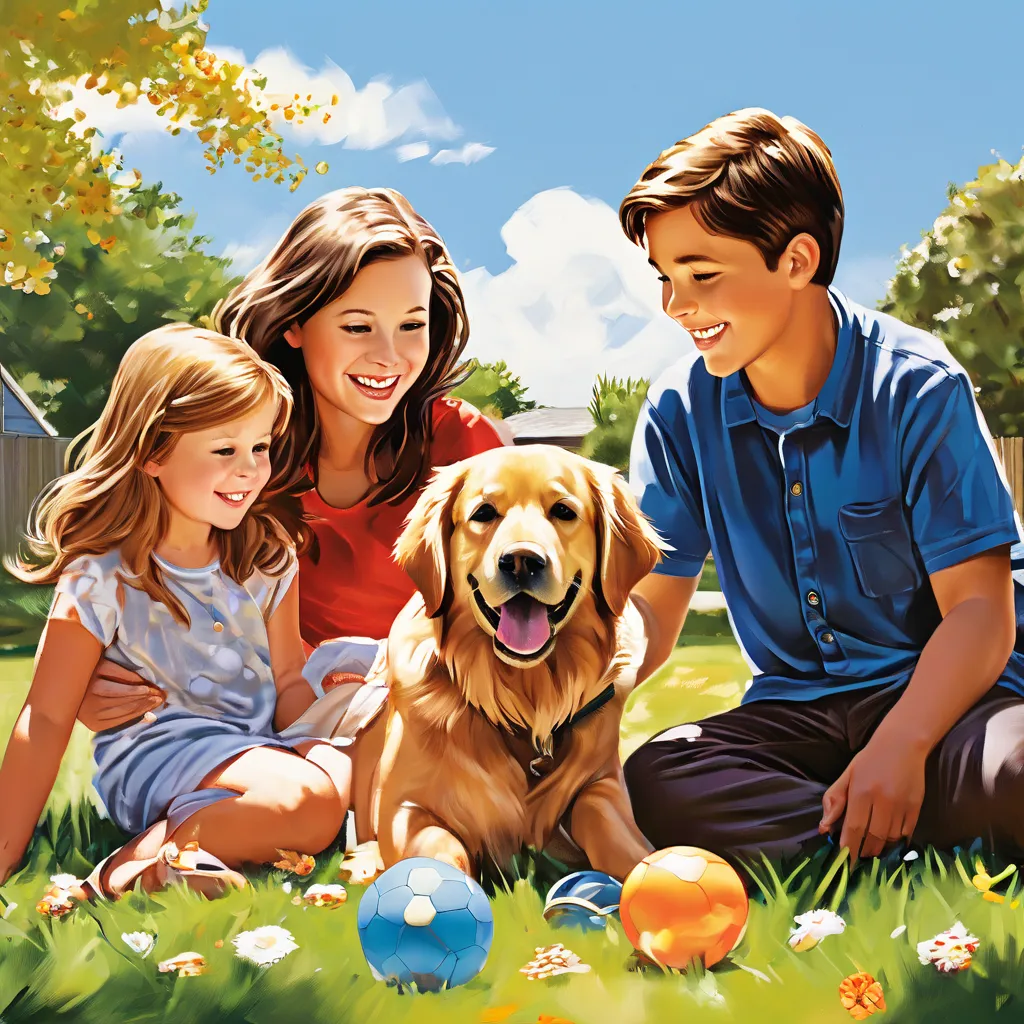
If you have young children, you’ll want a breed that’s gentle, patient, and tolerant. Breeds like Labradors, Golden Retrievers, and Beagles are often great with kids, while breeds like Chihuahuas, Pomeranians, and Poodles might be better suited for families with older children or no children at all.
Allergy Concerns

If someone in your household has allergies, you’ll want to consider a breed that’s hypoallergenic. Breeds like Poodles, Bichon Frises, and Portuguese Water Dogs are known for producing less dander and being more allergy-friendly.
Training and Socialization
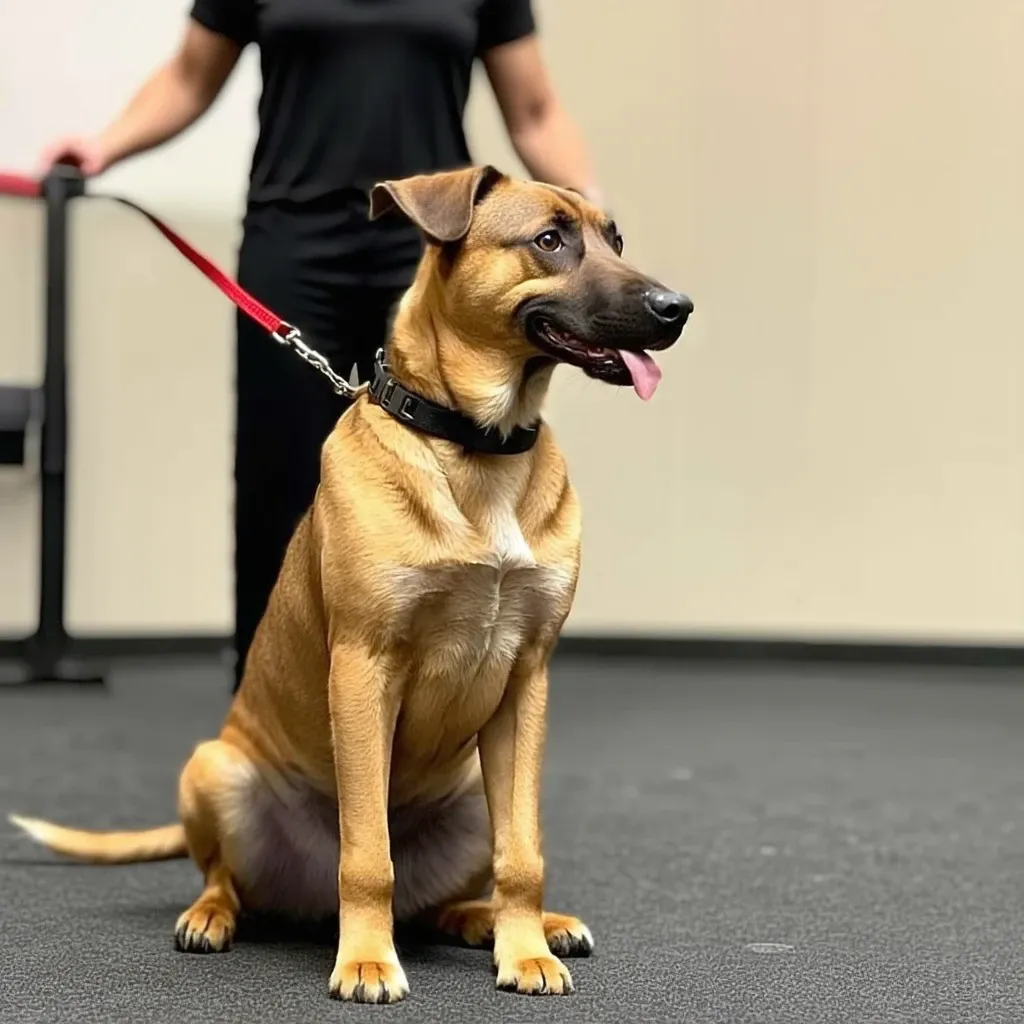
Some breeds are naturally more intelligent and easier to train, while others might require more patience and consistency. Breeds like German Shepherds, Doberman Pinschers, and Rottweilers are often highly intelligent and responsive to training, while breeds like Bulldogs, Pugs, and Shih Tzus might be more challenging.
By considering these key factors, you’ll be well on your way to finding the perfect dog breed for your lifestyle and living situation.
Top Dog Breeds for First-Time Owners: Pros and Cons
As a first-time dog owner, choosing the right breed can be a daunting task. With so many breeds to choose from, it’s essential to consider the pros and cons of each breed to ensure you find the perfect companion for you and your family. Here are some top dog breeds for first-time owners, along with their pros and cons:
1. Labrador Retriever
- Pros:
- Friendly and outgoing personalities
- Highly intelligent and easy to train
- Great with children and other pets
- Low maintenance grooming needs
- Cons:
- Can be too energetic for some owners
- May become overweight if not exercised regularly
- Shedding can be a problem for some owners
2. French Bulldog
- Pros:
- Playful and affectionate personalities
- Relatively low maintenance exercise needs
- Adaptable to small living spaces
- Short, easy-to-maintain coats
- Cons:
- Can be challenging to train due to independent nature
- May require more frequent veterinary visits due to health issues
- Can be prone to snoring and breathing difficulties
3. Golden Retriever
- Pros:
- Friendly, loyal, and gentle personalities
- Highly intelligent and easy to train
- Great with children and other pets
- Thick, lustrous coats that require regular grooming
- Cons:
- Can be too energetic for some owners
- May become overweight if not exercised regularly
- Shedding can be a problem for some owners
4. Poodle
- Pros:
- Intelligent and easy to train
- Low-shedding, hypoallergenic coats
- Highly versatile and adaptable to various living situations
- Can be a great choice for owners with allergies
- Cons:
- Can be high maintenance when it comes to grooming
- May be too sensitive for some owners
- Can be prone to health issues such as eye problems and autoimmune disorders
5. Beagle
- Pros:
- Friendly, curious, and energetic personalities
- Relatively small size makes them a great choice for smaller living spaces
- Short, easy-to-maintain coats
- Great with children and other pets
- Cons:
- Can be prone to barking and howling
- May be challenging to train due to independent nature
- Can be prone to health issues such as eye problems and allergies
Remember, every dog is an individual, and what works for one owner may not work for another. It’s essential to research and understand the needs and personalities of a breed before making a decision.
How to Choose the Best Dog Breed for Your Lifestyle
Choosing the right dog breed for your lifestyle can be a daunting task, especially for first-time owners. With so many breeds to choose from, it’s essential to consider several factors to ensure you find the perfect furry companion. Here are some tips to help you make an informed decision.
Assess Your Lifestyle
Before selecting a breed, take a closer look at your lifestyle and living situation. Consider the following factors:
- Space: Do you live in a small apartment or a spacious house with a yard? Some breeds require more space to run around, while others are content with smaller living areas.
- Exercise: Are you an active person who enjoys outdoor activities, or do you prefer relaxing at home? Different breeds have varying exercise needs, so it’s crucial to choose a breed that matches your activity level.
- Family dynamics: Do you have young children or other pets in the household? Some breeds are better suited for families with kids, while others may be more suitable for households with multiple pets.
- Grooming: Some breeds require regular grooming, which can be time-consuming and expensive. Consider whether you’re willing and able to commit to regular grooming sessions.
Research Different Breeds
Once you have a clear understanding of your lifestyle, start researching different breeds that fit your criteria. Look into the following:
- Temperament: What kind of personality are you looking for in a dog? Do you want a calm and gentle companion, or an energetic and playful one?
- Energy level: As mentioned earlier, different breeds have varying energy levels. Make sure to choose a breed that matches your activity level.
- Health: Certain breeds are prone to specific health issues. Research the breed’s potential health concerns and factor in the cost of veterinary care.
- Training: Some breeds are easier to train than others. Consider whether you’re willing and able to invest time and effort into training your dog.
Consider Your Schedule
Your schedule plays a significant role in determining the best breed for your lifestyle. Consider the following:
- Work schedule: If you have a busy work schedule, you may want to consider a breed that is low-maintenance and doesn’t require constant attention.
- Travel: If you travel frequently, you may want to consider a breed that is easy to care for while you’re away.
Meet the Breed
Once you’ve narrowed down your options, it’s essential to meet the breed in person. This will give you a better sense of the dog’s temperament and personality.
Additional Tips
- Adopt from a reputable breeder or shelter: Make sure to adopt from a reputable breeder or shelter to ensure you’re getting a healthy, well-socialized dog.
- Be patient: Finding the right breed for your lifestyle takes time, so be patient and don’t rush into a decision.
By following these tips, you’ll be well on your way to finding the perfect dog breed for your lifestyle.

Additional Considerations: Health Issues and Training
When choosing a dog breed, it’s essential to consider the potential health issues that may arise. Certain breeds are prone to specific health problems, and it’s crucial to be aware of these before making a decision.
Common Health Issues in Dogs
Some common health issues that can affect dogs include:
- Hip dysplasia: a genetic condition that can lead to arthritis and mobility problems
- Eye problems: such as cataracts, progressive retinal atrophy, and retinal dysplasia
- Allergies: skin allergies, food allergies, and environmental allergies
- Obesity: a common problem in dogs that can lead to various health issues
- Dental problems: tooth decay, gum disease, and tooth loss
Breed-Specific Health Issues
Some breeds are more prone to specific health issues due to their genetic makeup. For example:
- Bulldogs and Pugs are prone to respiratory problems due to their flat faces
- German Shepherds and Labradors are prone to hip dysplasia
- Cocker Spaniels and Shih Tzus are prone to ear infections
- Dachshunds and Basset Hounds are prone to back problems
Training Considerations
Training is an essential part of dog ownership, and some breeds are easier to train than others. Consider the following:
- Intelligence: some breeds are highly intelligent and easy to train, while others may be more challenging
- Energy level: high-energy breeds require more exercise and mental stimulation
- Temperament: some breeds are more independent and stubborn, while others are more eager to please
Tips for First-Time Owners
As a first-time dog owner, it’s essential to consider the following:
- Research the breed thoroughly to understand potential health issues and training needs
- Consult with a veterinarian or breeder to get a better understanding of the breed’s needs
- Provide regular exercise, training, and veterinary care to ensure your dog stays healthy and happy

Conclusion
Choosing the right dog breed as a first-time owner can be a daunting task, but by considering the key factors and top breeds outlined in this article, you can make an informed decision that suits your lifestyle. Remember, every dog is unique, and what works for one family may not work for another. It’s essential to research and understand the needs and characteristics of a breed before making a decision.
When selecting a breed, consider factors such as energy level, grooming needs, and training requirements. Additionally, think about your living situation, family dynamics, and the amount of time you can dedicate to your dog.
By taking the time to choose the right breed, you can set yourself and your dog up for a lifetime of happiness and companionship. Don’t be afraid to ask questions, seek advice from breeders or rescue organizations, and prioritize your dog’s needs above all else.
In the end, the best dog breed for a first-time owner is one that is well-suited to their lifestyle and provides a loving and loyal companion. With patience, love, and proper care, any dog can thrive and become a beloved member of the family.








